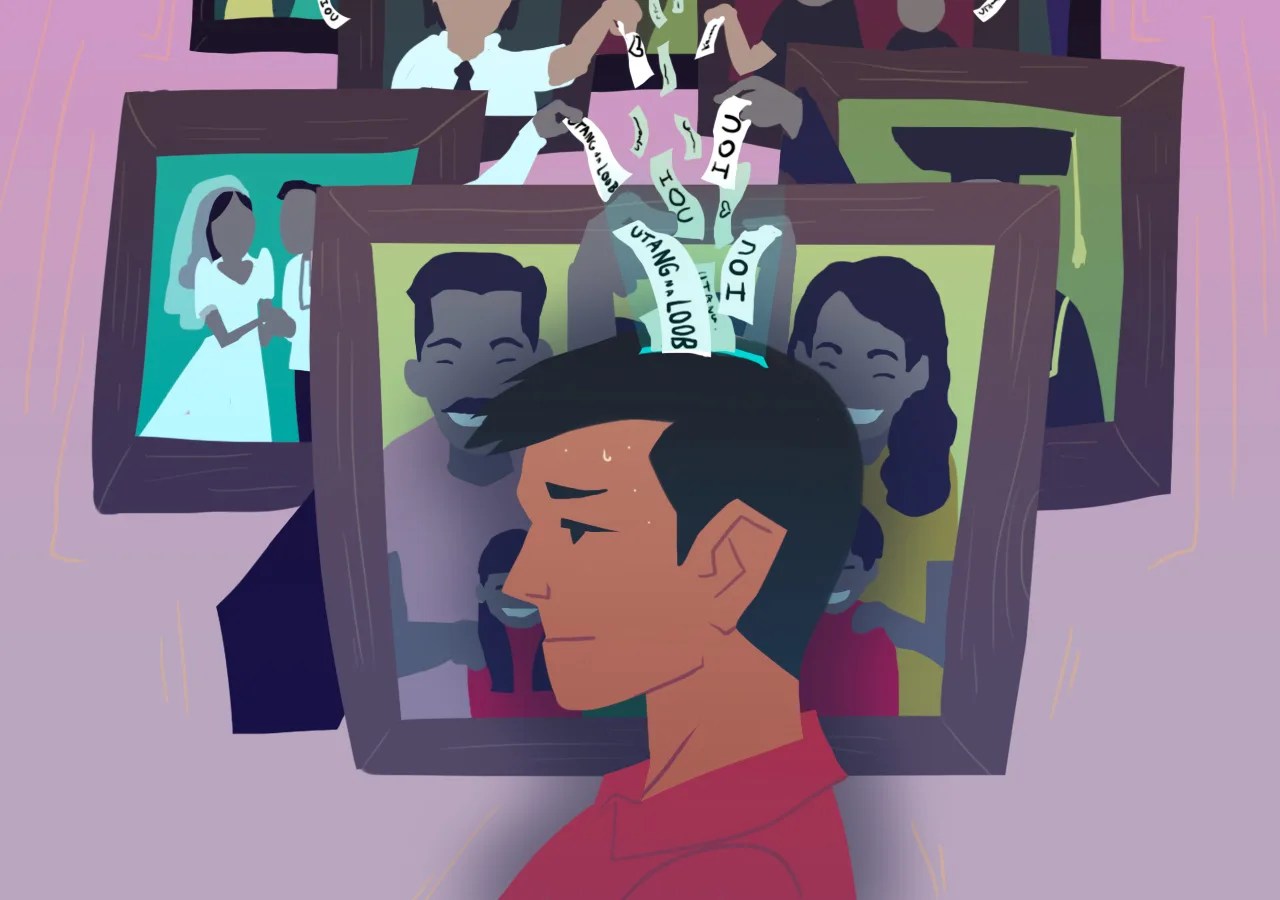Navigating Filipino Culture: Understanding 'Utang na Loob' with Examples
Imagine this: you're new to a town and a neighbor helps you move in, offering you food and a helping hand. Weeks later, they mention needing help with their child's school project, hinting they wouldn't ask anyone but you. You feel obligated, even if it disrupts your schedule. This sense of reciprocal obligation, deeply ingrained in Filipino culture, is called "utang na loob."
"Utang na loob" literally translates to "debt of gratitude." However, it goes beyond a simple "thank you." It signifies a profound sense of indebtedness, a moral obligation to repay a favor or kindness, often with interest. It permeates Filipino relationships, shaping interactions within families, communities, and even politics.
This cultural concept has its roots in the Philippines' history of close-knit communities and collective survival. In the past, relying on each other during hardships, natural disasters, or even simple tasks like farming fostered a culture where helping one another was essential. This interdependence gave birth to "utang na loob," solidifying a system of reciprocity ensuring everyone's well-being.
While "utang na loob" can foster strong social bonds and a sense of community, it can also lead to complexities. The undefined nature of the debt and the pressure to reciprocate, sometimes exceeding the initial act of kindness, can lead to feelings of manipulation or burden.
Understanding "utang na loob" requires navigating its nuances. It's not always explicitly demanded, often communicated through subtle cues, gestures, or even a shared history of favors. Recognizing these signs is crucial to understanding the unspoken expectations within Filipino culture.
Let's delve into specific examples to illustrate the concept further:
- A family friend financially supports a student's education. Years later, when the student lands a good job, they are expected to financially support the friend's family, even if it causes them financial strain.
- A politician helps a family secure a job or access government services. During elections, that family feels obligated to vote for the politician, regardless of their political stance or qualifications.
- A neighbor constantly looks after another neighbor's children. The recipient of this help might feel obliged to offer a continuous supply of homemade meals or run errands for the other family, even if it becomes overwhelming.
These examples highlight the double-edged nature of "utang na loob." While it encourages generosity and strengthens community ties, it can also create imbalanced relationships where one party feels pressured to overcompensate for the initial act of kindness.
Navigating "utang na loob" requires cultural sensitivity and open communication. Expressing gratitude sincerely and finding appropriate ways to reciprocate kindness without creating an unhealthy power dynamic are essential. Remember, understanding this cultural concept enriches your interactions and fosters deeper connections with the Filipino community.
Unleashing potential exploring the scope of a youth and sports assistants role
Ageless beauty the ultimate guide to short haircuts for black women over 40
Sherwin williams white beige the ultimate guide to warm neutrals










